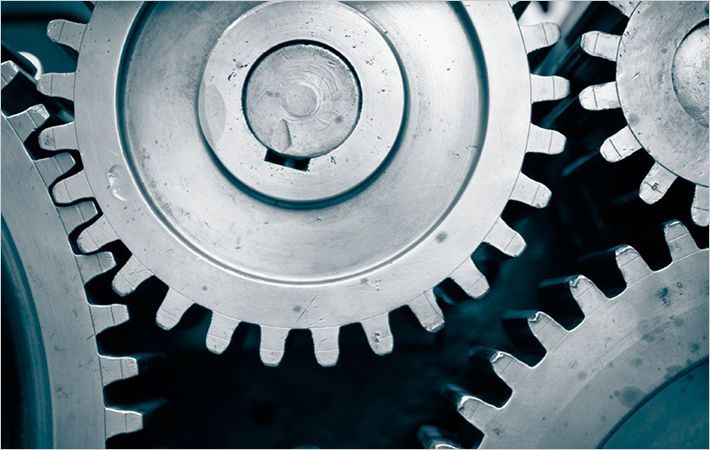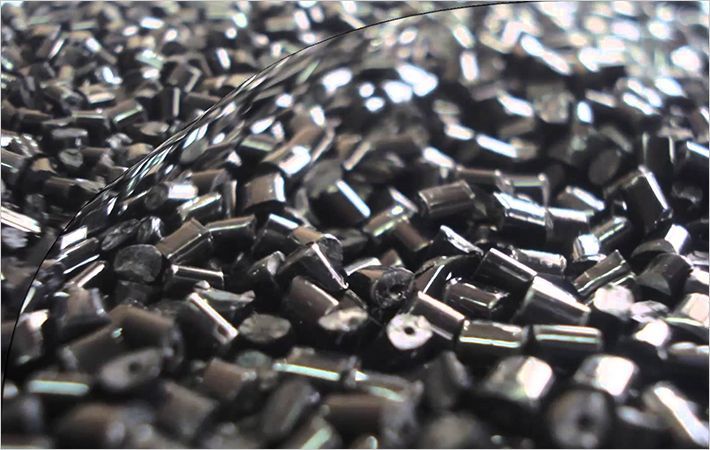The focal point of the demonstration is a production cell for the automated manufacture of CFRP components. What makes it special: Produced parts can be painted straight away because the fiber structure is not visible on the surface.
Painting parts made considerably easier
"This makes painting molded parts considerably easier because there is no need for intermediate processes such as priming and pre-painting," explains Nicolas Beyl, head of the Reaction Process Machinery division at KraussMaffei.
"In combination with automated manufacturing, this process is ideally suited to efficient series production of premium quality parts for use in the automotive industry." Furthermore, the high degree of automation makes the process more reliable because there is no need for manual work such as polishing and smoothing. It also significantly reduces costs.
Live demonstration at K 2013
Visitors to the world's leading international trade show will be able to see a roof panel for the Roding Roadster R1 lightweight sports car at KraussMaffei's booth. The 950-kg vehicle – with an output power of 320 hp and a carbon fiber content of 120 kg – successfully demonstrates the potential of modern lightweight construction.
The vehicle is manufactured by Roding Automobile GmbH, a German technology company that specializes in developing and producing lightweight structures from carbon-fiber-reinforced plastic. The roof panel to be produced at K 2013 is made from a CFRP endless fiber in a quasi-isotropic configuration and has a surface area of approximately 0.6 m2.
The part is 2 mm thick and its surface material is 0.2 mm thick. It has a fiber content of around 50 percent. A Henkel PU system is used as matrix material. A Rühl Puromer aliphatic polyurethane system forms the special surface coating, which is also UV stable.
Short process times thanks to new RTM mold carriers
The centerpiece of the demonstration machine is the new RTM mold carrier with a CMC (compact mold carrier) design and a clamping force of 3800 kN. The 1300 x 1300 mm tool fixing area with a 250 mm parallel stroke is ideally suited to typical automotive parts measuring up to one square meter. Fast clamping movements coupled with high platen parallelism ensure short process times and consistently high component quality.
Accessibility from all four sides allows maximum flexibility for operation and automation. Two RimStar Nano 4/4 metering machines equipped for high-temperature processes – in which material temperatures can reach up to 80 °C – prepare the polyurethane resin matrix. The wear-optimized design of the pumps in the RimStar series ensures long-lasting process reliability with all current matrix systems such as polyamide (PA), polyurethane (PUR) and epoxy resin (EP).

